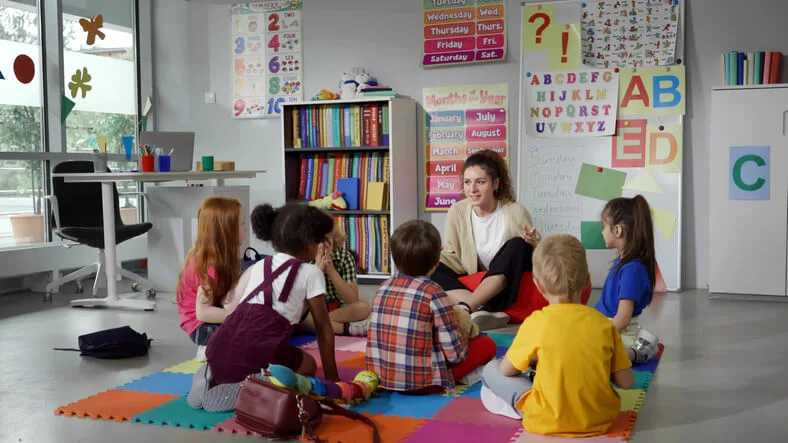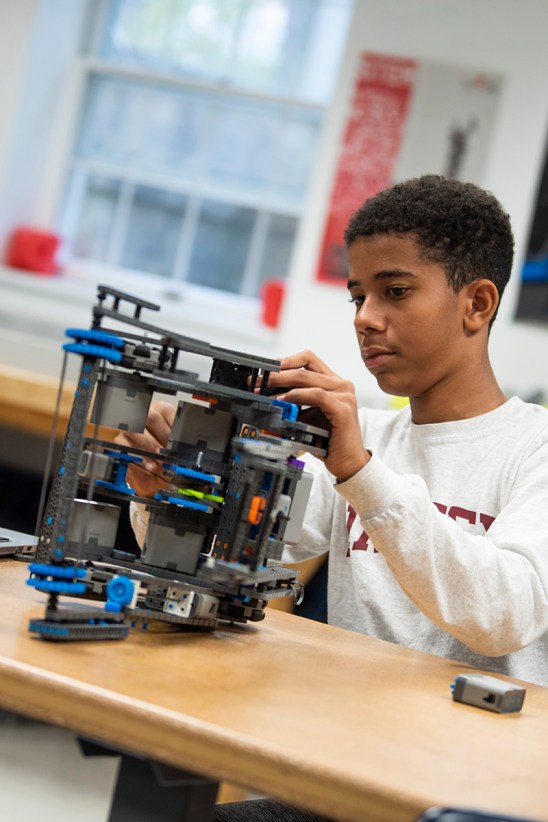Tutors offer a wealth of educational resources for students who need remedial work, as well as for those who want academic enrichment and maintenance. To make the experience a positive one, consider these tips.
- Pitch and persuade. Before searching for a tutor, discuss it with your child. Keep the conversation positive. “You know how reading is kind of hard sometimes? We’re going to find someone who can help you.” Most students don’t like to
struggle, so if your child is aware that there is a problem, he may be more likely to want help. Even so, expect apprehension and offer encouragement. - Ponder priorities. There is no one-size-fits-all when it comes to tutoring. It depends on your child’s needs, setting, convenience and cost. Some people choose a private tutor. Others go with a tutoring center. Still others opt for an online service. When choosing a setting — either small group or one-onone instruction – determine which is the best fit for your child.
- Reach for recommendations. Begin your search by asking your child’s teacher, principal, guidance counselor or others within the school unit. Some school districts have a list of tutors and are willing to make recommendations. Also, check ads in your local parenting magazine or newspaper. Other parents are a good resource too. Is there someone they have had success with?
- Collaborate on goals. When formulating tutoring goals get everyone on board — teacher, tutor, parent and child. Teachers and tutors are aware of what the goals should be, but parents know their child best and should be involved in the goalsetting process. It’s ideal if the tutor and teacher work toward a common goal and communicate regularly to reinforce each other’s techniques. The teacher may also be willing to give feedback on your child’s progress in the classroom.
- Show support. Remember, parents play an important role in the whole learning process, so look for practical ways to support your child’s academic endeavors. At the end of each tutoring session it’s often helpful for younger children to confirm with the tutor what work your child is expected to do before the next session and provide resources if need be so your child can accomplish the assignments.















